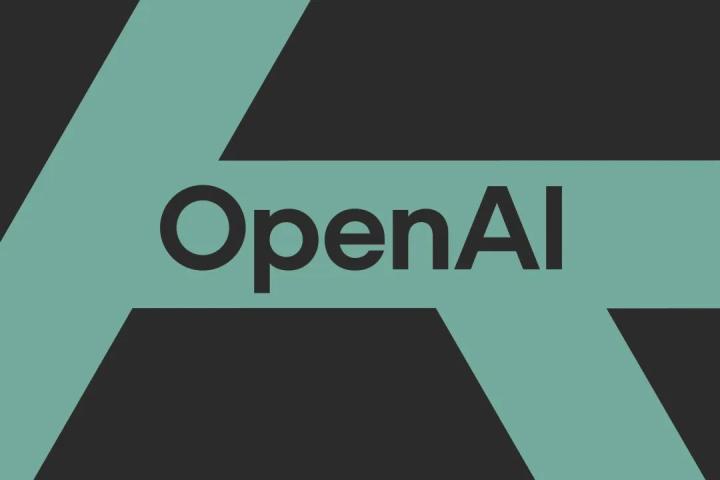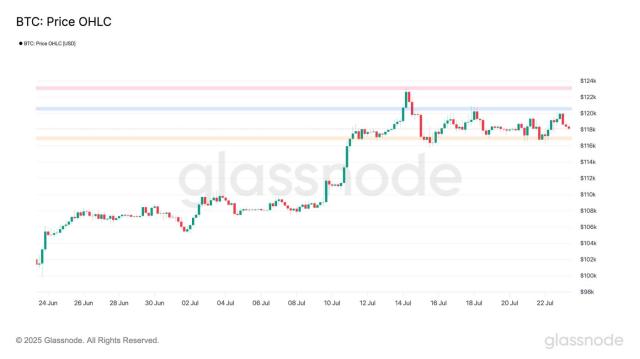OpenAI's leader Sam Altman, possibly the last in-depth interview before the release of GPT-5.
This time, Altman revealed his "Oh my God moment" after experiencing GPT-5: I leaned back in my chair, feeling dizzy, and felt powerless in my area of expertise.
Recently, Altman, OpenAI's official account, and OpenAI employees have been repeatedly reminding everyone: GPT-5 is coming soon.
Before its release, in a conversation lasting an hour and a half with host Theo Von, Altman made a series of stunning statements:
His children will never be smarter than AI, which is destined from birth, and the AI CEO might take over OpenAI soon, "I'll find something else to do" - the current hardware doesn't match AI's capabilities...
The "Oh My God" Moment Testing GPT-5
The story begins with an email. That morning, Altman received an email he couldn't even understand the question. With a try-and-see attitude, he input it into GPT-5 and instantly received a perfect answer.
Altman recalled:
I really sat there stunned for a while, it was that "Oh my God, it's here" moment.
Although I quickly immersed myself in the next task, that feeling didn't dissipate. I felt useless in my area of expertise, while AI easily solved it."
This experience made him realize that the feeling of being surpassed by AI that many people worry about has actually already happened.
He believes GPT-5 is smarter than humans in almost every aspect, but then added, "However, we are still here."
He paused and continued to explain the meaning: "There's something special about how the world operates. At least now, what humans can do is fundamentally different from AI. More importantly, what humans care about is completely different from AI, so the simple idea that AI will replace everything is not valid."
At the same time, Altman also admitted that this balance might not last forever: "Of course, when AI becomes a million times smarter than us, who knows what will happen?"
What Are AI Companies Really Competing For?
When the topic turned to the fierce competition in the AI field, Altman recalled the "chip megahertz race" from his childhood:
Back then, everyone was comparing who had the faster processor. When Intel released a new one, AMD would try to surpass it.
But later, people realized those gigahertz numbers weren't that important. You might have a processor with a lower number that's actually faster.
Apple eventually realized they should stop talking about clock speed. Now, you don't even know the processor speed of your iPhone.
The same thing is happening in the AI field. People used to frantically chase benchmark test scores, but now they realize these benchmarks have become saturated.
Now people care more about who is using the model and who is gaining value from it.
Many in the industry still feel they are moving towards a milestone - "perhaps the moment AI can independently conduct research and self-improve, or when AI becomes smarter than all of humanity combined."
When asked what he personally is pursuing, Altman gave this answer:
If one day we would rather hand over our GPU clusters to AI researchers instead of our talented human teams, it would mark the beginning of a completely different new era.
Future Children Born Less Intelligent Than AI
Altman talked about his four-month-old son. As a new father, he couldn't hide his joy: "Every day, watching how quickly he learns new things is incredible. Movements he couldn't do yesterday, he can do today."
But then he threw out a shocking perspective: "My child will never be smarter than AI. This is not something that will happen in the future, but a reality destined from the moment of his birth."
He explained that children born a few years ago might have had a brief "intellectual advantage period", but his child is born into a world where AI is always smarter.
This is not pessimism, but a completely new reality awareness. Just like our generation never experienced a world without computers, future children will not be able to imagine a world where products and services are not smarter than themselves.
Altman mentioned a video from over a decade ago: a baby swiping a magazine like an iPad, for whom a non-touchable magazine is a "broken iPad".
My child will live in a world where products and services are always smarter and always super capable. In such a world, education will be completely different.
When asked if he was worried about his child's future, Altman's answer was unexpected: "I actually think the children will be fine. I'm worried about the parents."
He explained that throughout history, young people have always been able to smoothly adapt to new technologies and find new jobs. But if you're a 50-year-old person suddenly having to do things in a completely different way, that's the real challenge.
The Day an AI CEO Takes Over OpenAI
OpenAI just acquired Jony Ive's hardware company. Why?
Altman explained that there have been two revolutions in computer history: one in the 70s when Xerox PARC invented the keyboard, mouse, and screen, establishing the modern computer interface; the other at the beginning of the 21st century when Apple created touch devices.
Now there might be a third revolution where artificial intelligence completely changes the game, and we can design a completely new computer:
You give it complex instructions, it can execute them, you trust it to do well and act on your behalf. It can perceive everything in the room, not just on/off, gently hinting when it wants to remind you, and emphasizing when necessary;
It can remember our current conversation and remind us later. But current hardware can't do these things, they don't match AI's capabilities. So I want to create a completely new computer specifically designed for AI to assist you at any moment, and I'm super excited about this.
Next, Altman mentioned OpenAI's latest Agent feature, such as having AI check if there are available seats at a few restaurants you frequently visit at 7 PM tomorrow and complete the reservation.
The first time I used it, I realized that doing these things in the traditional way would soon become as outdated as the Stone Age.
He described an imminent scenario: In the future, I will tell people, "Do you remember? We used to have to go online to book restaurants, click here and there, and make phone calls to change times." This will become unimaginable in the future because you only need to tell AI to do it.
When asked when AI could take on the role of OpenAI's CEO, his response was: "It might not be too long."
Think about it, an AI CEO can talk to every person in the company every day, listen to the needs of each user, and synthesize all this information to make decisions. This would bring better results.
The host pressed further: "Won't you feel sad?", Altman said: "No, I think it's great. I will definitely find something else to do. Just like every technological revolution, tools become better at something than us, and then we go solve other problems."
Altman explained the human situation in the AI era with a metaphor: just like the Earth was once thought to be the center of the universe, later discovered to be just a planet in the solar system, and then the solar system was found to be just a small dot in the galaxy.
Nevertheless, humans still maintain a strong sense of being the "protagonist". Altman believes that even in an AI-dominated future, humans will find ways to place themselves at the center of the story.
He participates in creating technology that might replace humans, yet still believes in human unique value; he foresees earth-shattering changes, but admits that "no one knows what will happen next"; he possesses the power to change the world, yet is delighted by every small progress of his children, just like every father.
When I was young, I thought there would always be adults who knew all the answers, always someone with a complete plan. Now I am that "adult in the room". I can clearly tell you that no one knows where all this will lead.
Video replay: https://www.youtube.com/watch?v=aYn8VKW6vXA
This article is from the WeChat public account "Quantum Bit", author: Mengchen, published with authorization by 36kr.














